Palestine summit ‘not about Israel bashing’
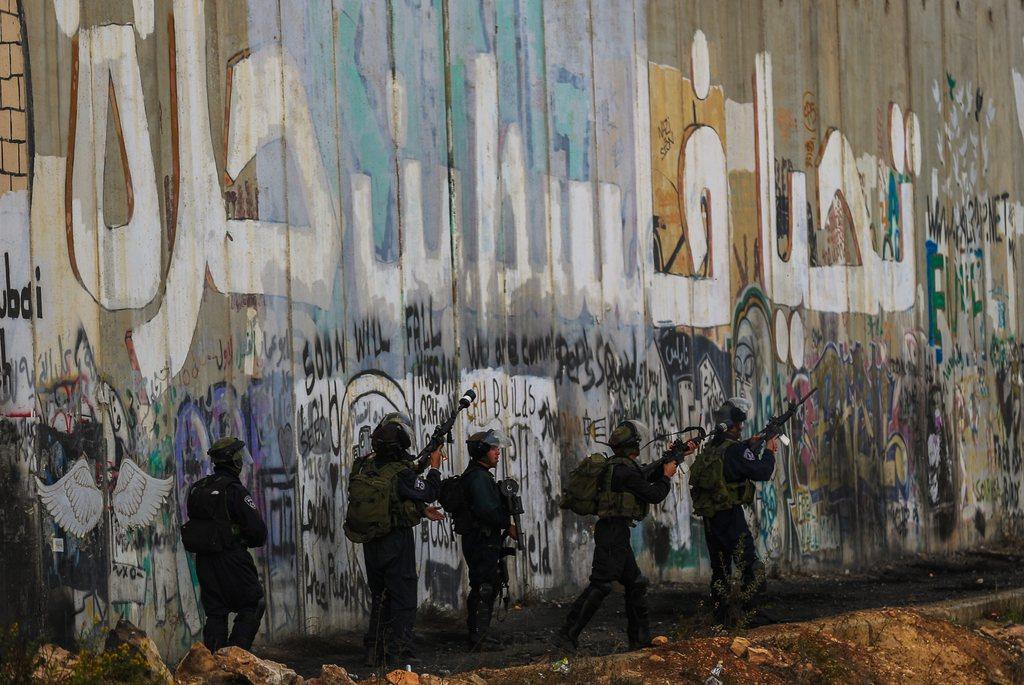
Swiss Foreign Minister Didier Burkhalter has defended next Wednesday’s special summit in Geneva on respect for international law in the occupied Palestinian territories, saying it will not be a court for “bashing” Israel.
As guardian of the Geneva Conventions, the Swiss government on Thursday announced it would convene on December 17 the states that are party to the Fourth Geneva Convention to discuss the situation on the West Bank, the Gaza Strip and East Jerusalem. The treaty defines humanitarian protections for civilians in a war zone.
Swiss officials expect a large participation from countries around the world, despite reports of diplomatic pressure from Israel, the United States, Canada and Australia, who are not expected to attend.
“Switzerland is the depository state of the Geneva Conventions. It had the mandate to consult the rest of the world, which it did over many weeks. The aim of the conference is to strengthen international humanitarian law and to show how far the international community is attached to these principles,” Burkhalter told Swiss Public Radio, RTS, on Thursday.
“We worked hard to show Israel that it was not at all [a conference] about bashing by other countries. Just because one, two or even five countries don’t come doesn’t mean the international community doesn’t exist.”
In a statement released on Friday the Permanent Mission of Israel to the United Nations criticised Switzerland’s decision.
“The role of the depositor obliges Switzerland to operate in a neutral and apolitical manner. The decision of the Swiss government to hold a conference of signatories raises serious doubts concerning its commitment to these principles as Switzerland lends a hand to the politicisation of the Geneva Conventions in particular and the laws of war in general,” said press officer Arielle Godin.
She said the conference was a “political move” for the sake of “assailing Israel” and warned that Israel was re-examining its position in regard to other Swiss initiatives that concern international humanitarian law.
European support
The organisation of the meeting follows a recommendation by the United Nations General Assembly and a resolution from November 5, 2009, after a request by Palestine calling for diplomatic consultations to see whether there is enough support for such a conference.
Switzerland renewed consultations this summer, which had been postponed since 2011.
The summit comes as the French and Irish parliaments this week became the latest in Europe to call on their governments to recognise an independent state of Palestine. In October, Israel withdrew its ambassador from Stockholm when Sweden became the 135th of the world’s 193 nations to recognised Palestine – and the first western EU member state to do so.
Eastern European EU members recognised it years before they joined in 2004. There have also been non-binding parliamentary votes in Britain, France and Spain. Israel argues that recognition prejudices the outcome of peace negotiations.

In compliance with the JTI standards
More: SWI swissinfo.ch certified by the Journalism Trust Initiative
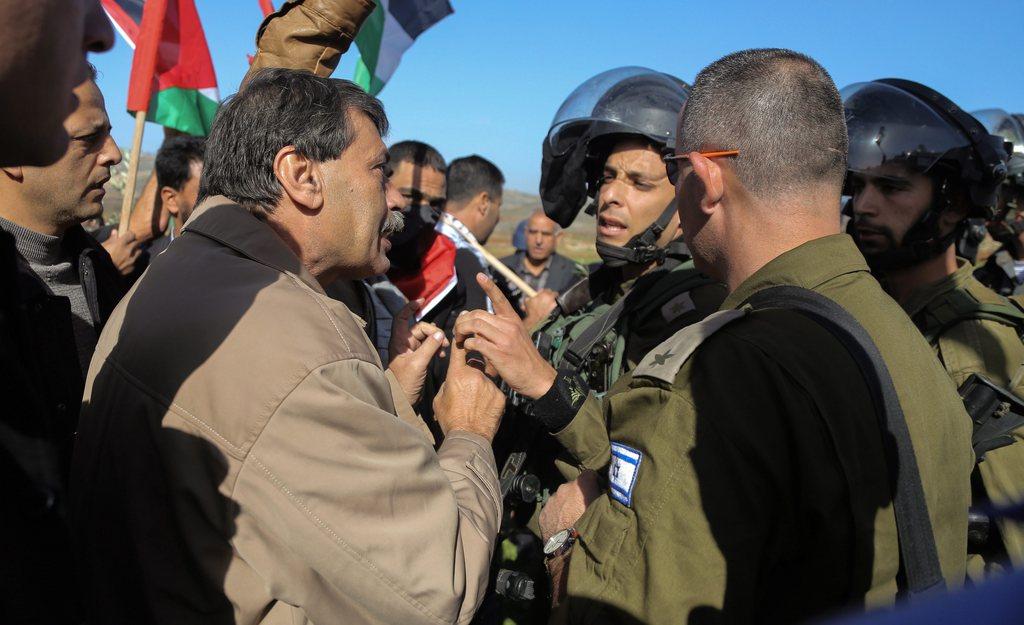
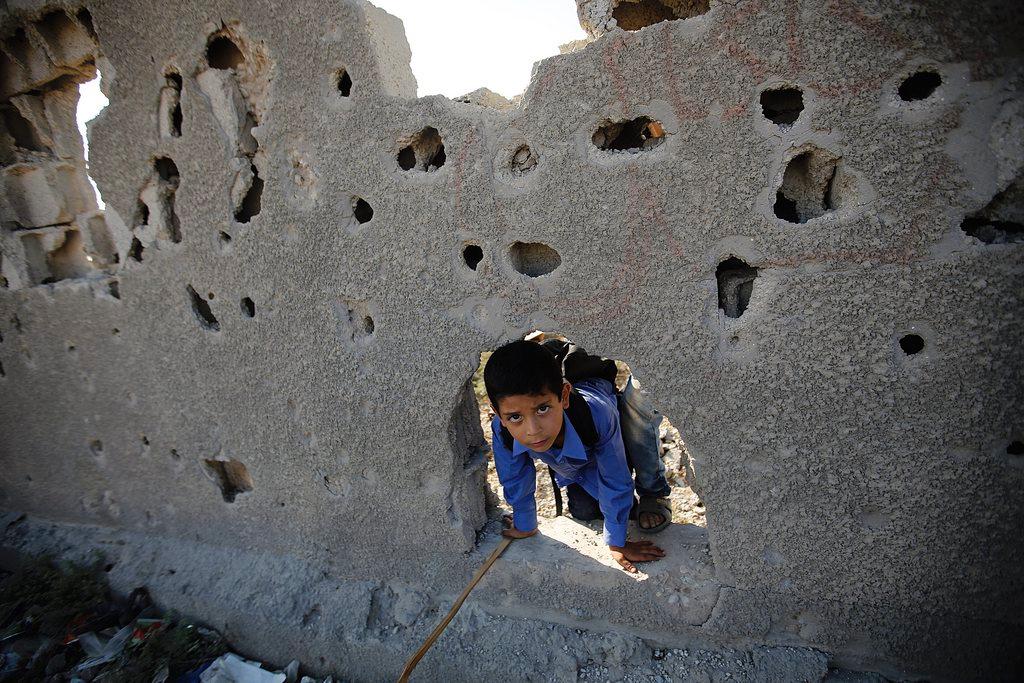
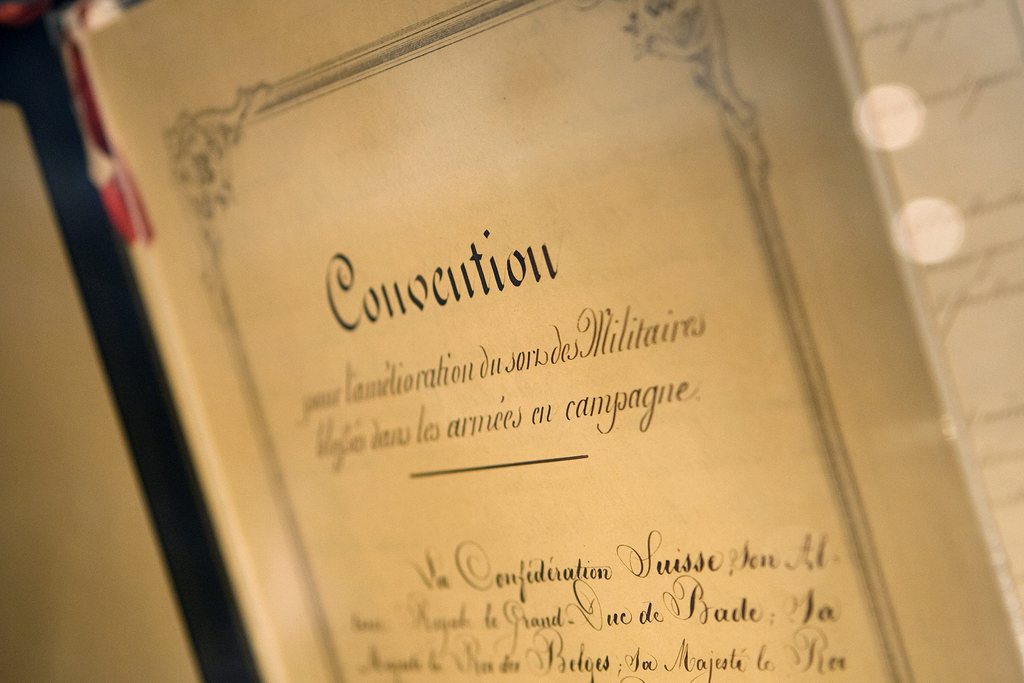
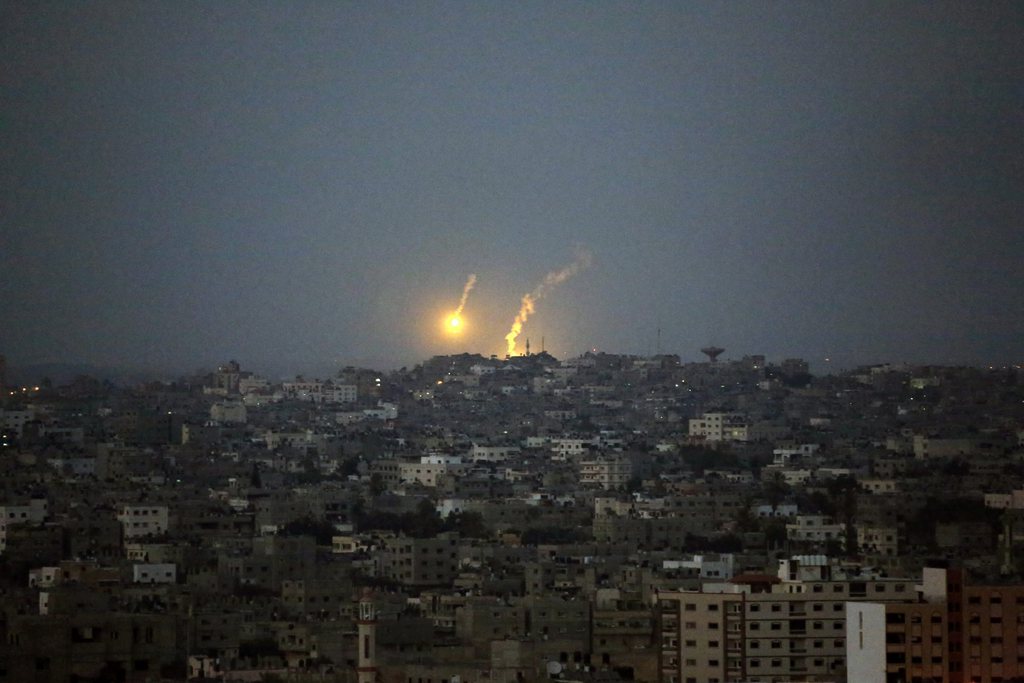
You can find an overview of ongoing debates with our journalists here. Please join us!
If you want to start a conversation about a topic raised in this article or want to report factual errors, email us at english@swissinfo.ch.